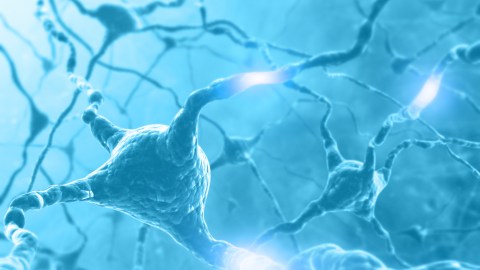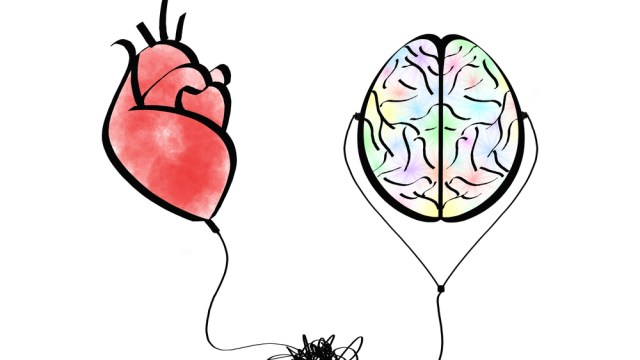Scientists Prove New Neurons Grow in Adult Brains

What’s the Latest Development?
Using a carbon dating process similar to that used by archeologists to identify the age of fossils, neuroscientists at Karolinska Institute have proven that a significant number of new neurons in the hippocampus — a brain region crucial for memory and learning — are generated in adult humans. Knowing that atomic bomb tests caused elevated atmospheric levels of carbon-14, a nonradioactive form of carbon, and that the concentration of carbon-14 has declined at a known rate since the nuclear test ban treaty was signed in 1963, measuring its concentration in DNA from the hippocampal neurons of deceased humans yielded data that could tag the age of neurons.
What’s the Big Idea?
When we eat plants or animal products, we absorb both normal and heavy carbon at the atmospheric ratios present at that time, and the exact atmospheric concentration at any point in time is stamped into DNA every time a new neuron is born. Thus, neurons can be ‘carbon dated’ in a similar way to that used by archeologists. The recent study found that 1,400 new neurons in the dentate gyrus area of the brain are added each day — 1.75% per year — during adulthood, “and that this rate declines only modestly with age, suggesting that adult hippocampal neurogenesis may contribute to human brain function.”
Photo credit: Shutterstock.com





